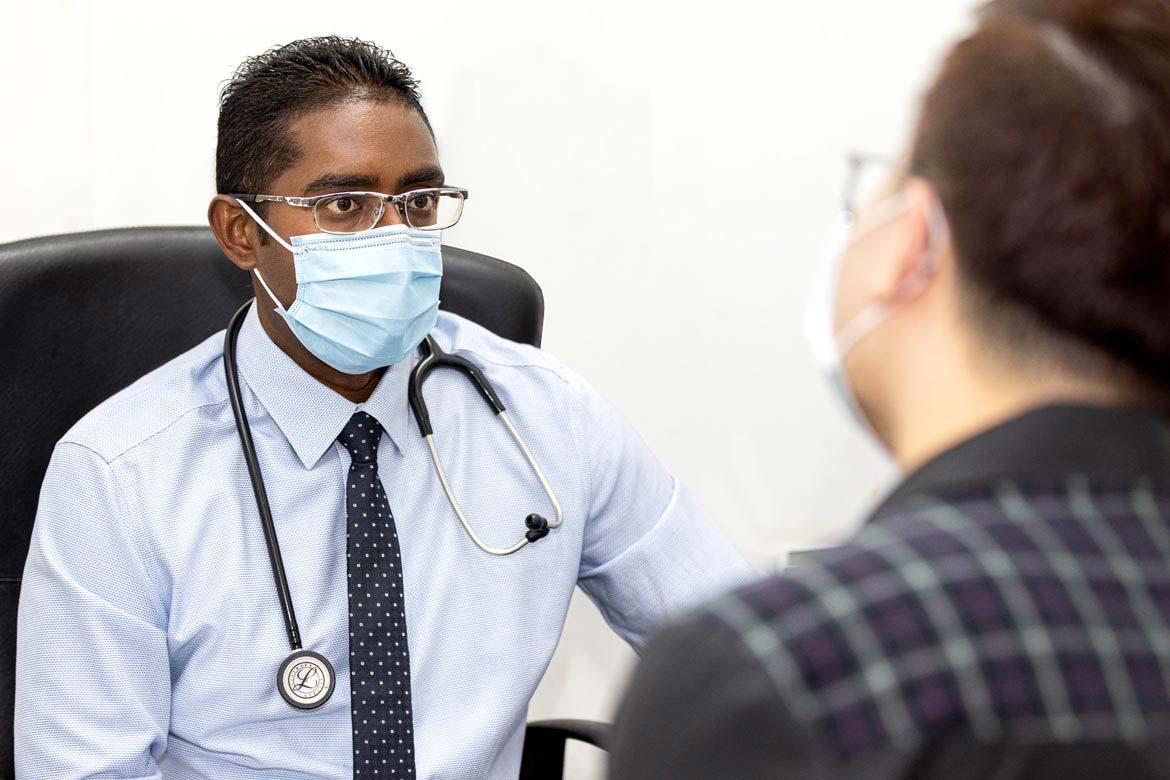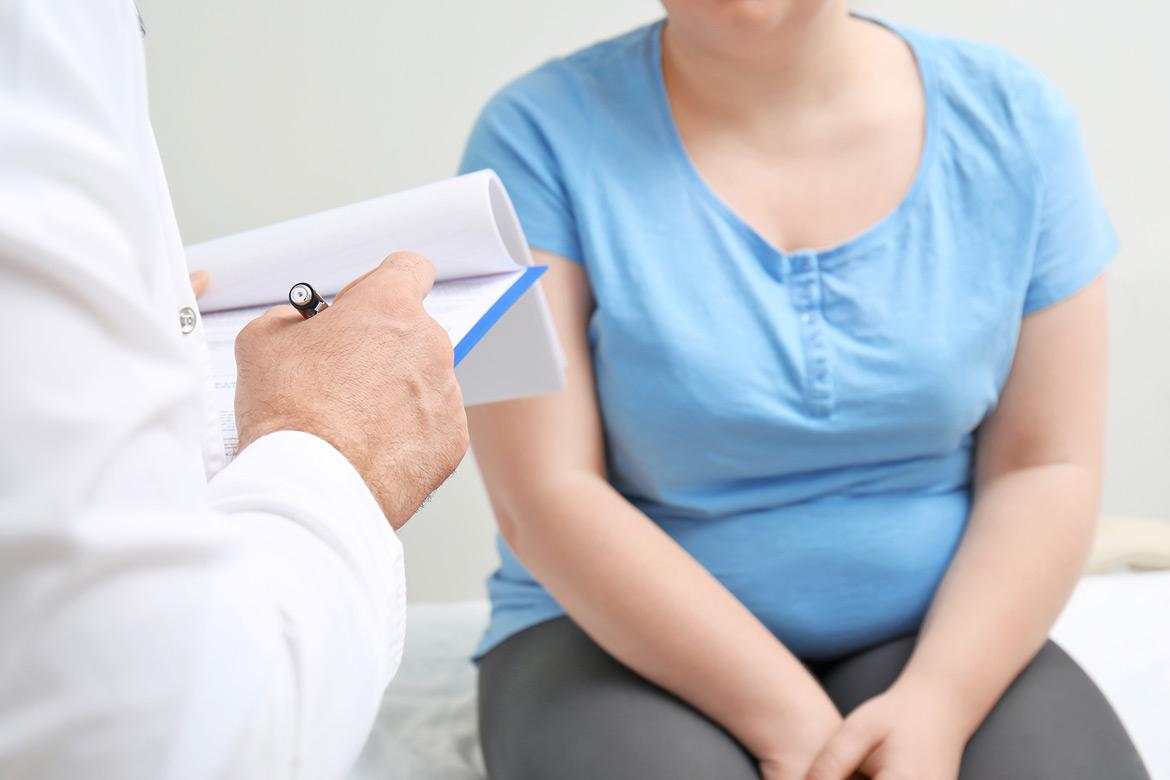-
-
Featured Care Areas

Ulcerative Colitis
Frequently asked questions
A: There could be genetic factors as ulcerative colitis is more common in people who have family members with the disease.
A: There is no clear evidence that ulcerative colitis leads to appendicitis.
A: Ulcerative colitis causes abdominal pain and cramping. You are likely to feel extreme tiredness, with loss of appetite and weight loss.
During episodes of flare-ups, you may experience more severe symptoms.
A: Yes, ulcerative colitis is likely to result in fatigue due to symptoms such as abdominal pain, fever and frequent diarrhoea.
A: There is no known cure for ulcerative colitis. However, with careful treatment, you can have periods of remission with no symptoms.
A: Though there is no known cure for ulcerative colitis, you can make certain diet changes to improve your symptoms. For example, you can improve your symptoms by avoiding food that triggers bloating, flatulence or diarrhoea.
A: Probiotics can benefit, not worsen ulcerative colitis. By providing good bacteria to rebalance the gut microbiome, probiotics may:
- Lengthen the remission period and prevent flare-ups
- Reduce symptoms during flare-ups
Discuss with your doctor the use of probiotics.
A: Yes, with careful treatment, you can have periods of remission with no symptoms.
A: Ulcerative colitis is not a common disease in Singapore, affecting about 6 out of 100,000 people.
A: Inflammatory bowel disease is a group of disorders that cause chronic inflammation (pain and swelling) of the digestive tract. It affects the small and large intestines.
Inflammatory bowel disease includes Crohn’s disease and ulcerative colitis.
A: You are likely to need long-term treatment for inflammatory bowel disease with the goal of reducing inflammation and preventing future flare-ups.
Depending on where your inflammation occurs, its recurring pattern and severity, your doctor may either:
- Prescribe medication
- Recommend nutrition therapy
- Recommend surgery
This coverage checker is brought to you by Health Insured, an online resource that helps you understand your health coverage in Singapore.
This page has been reviewed by our medical content reviewers.
Need help?
For enquiries, please call
+65 6377 3737
For appointment bookings, please WhatsApp
+65 8111 3777








